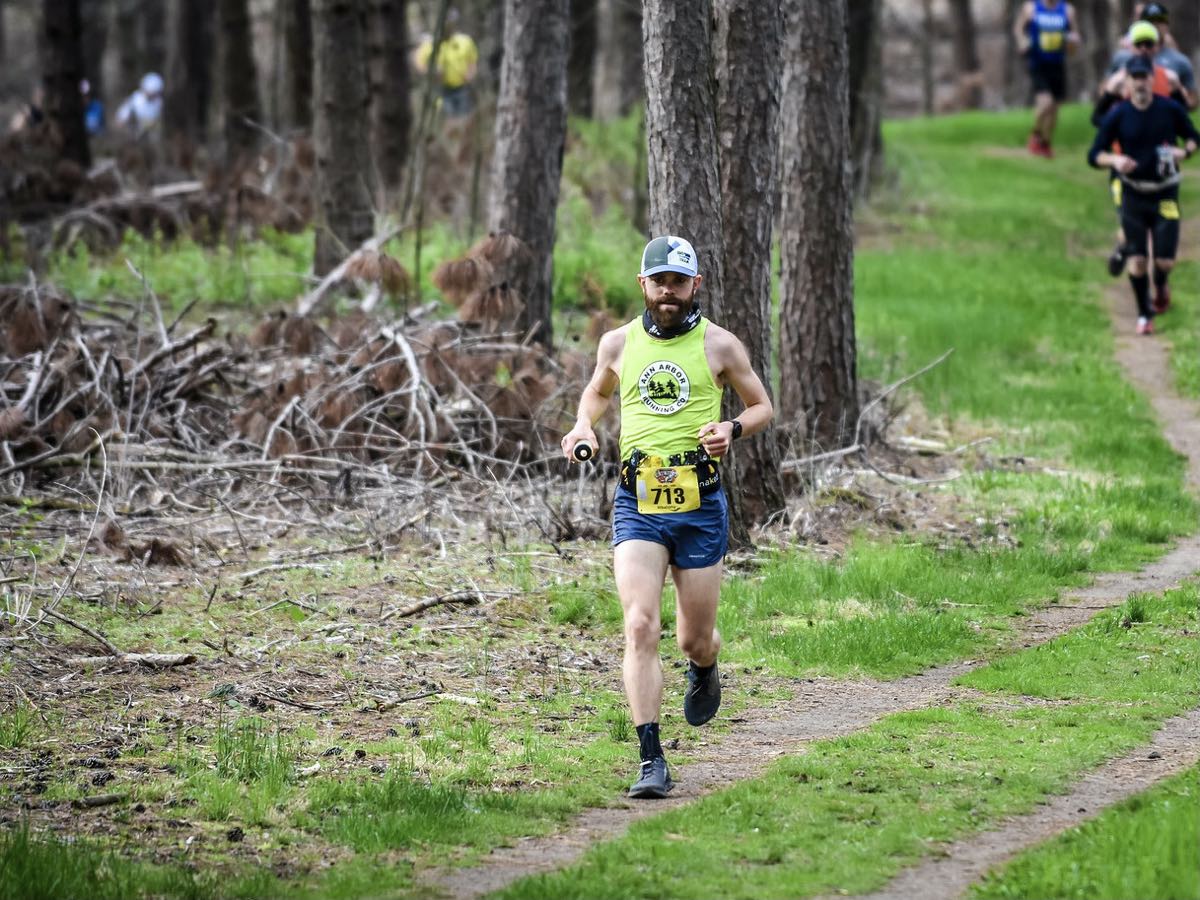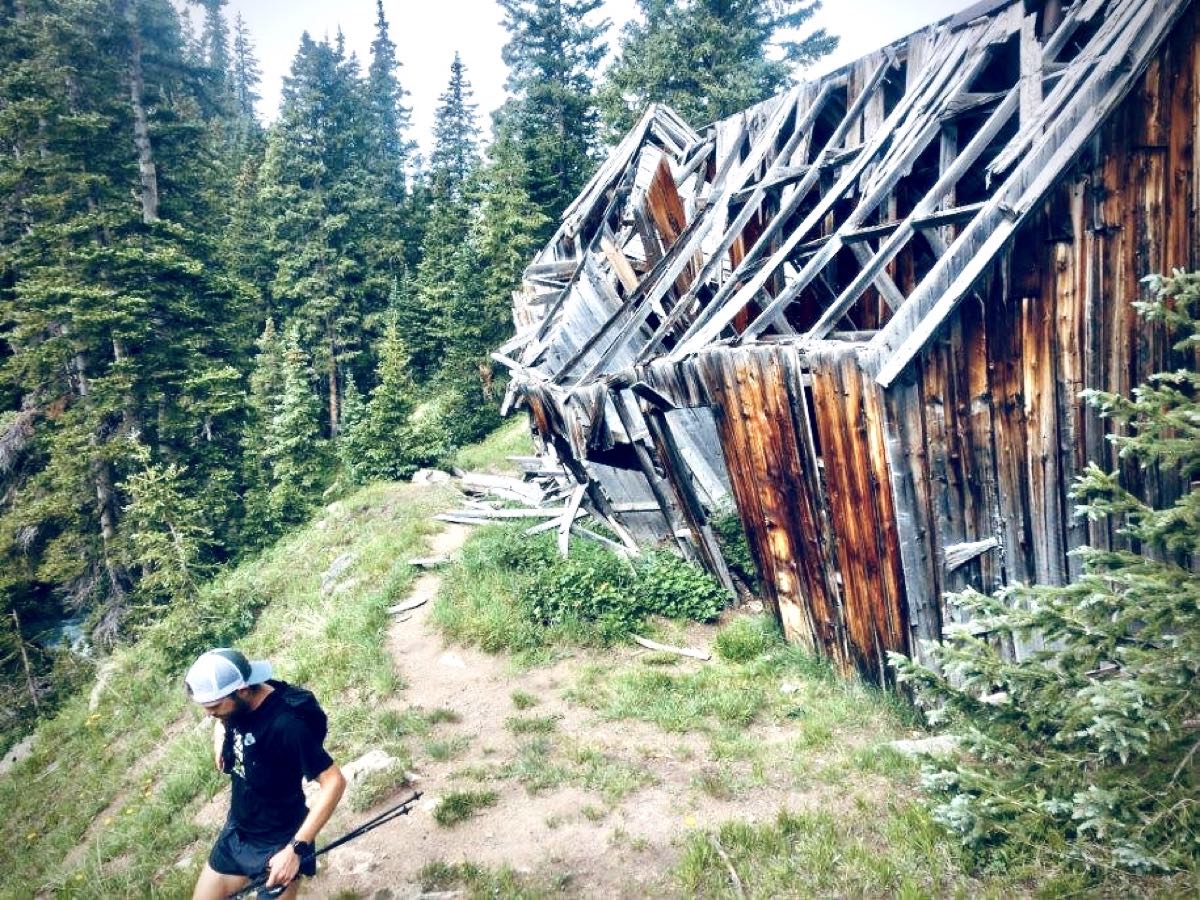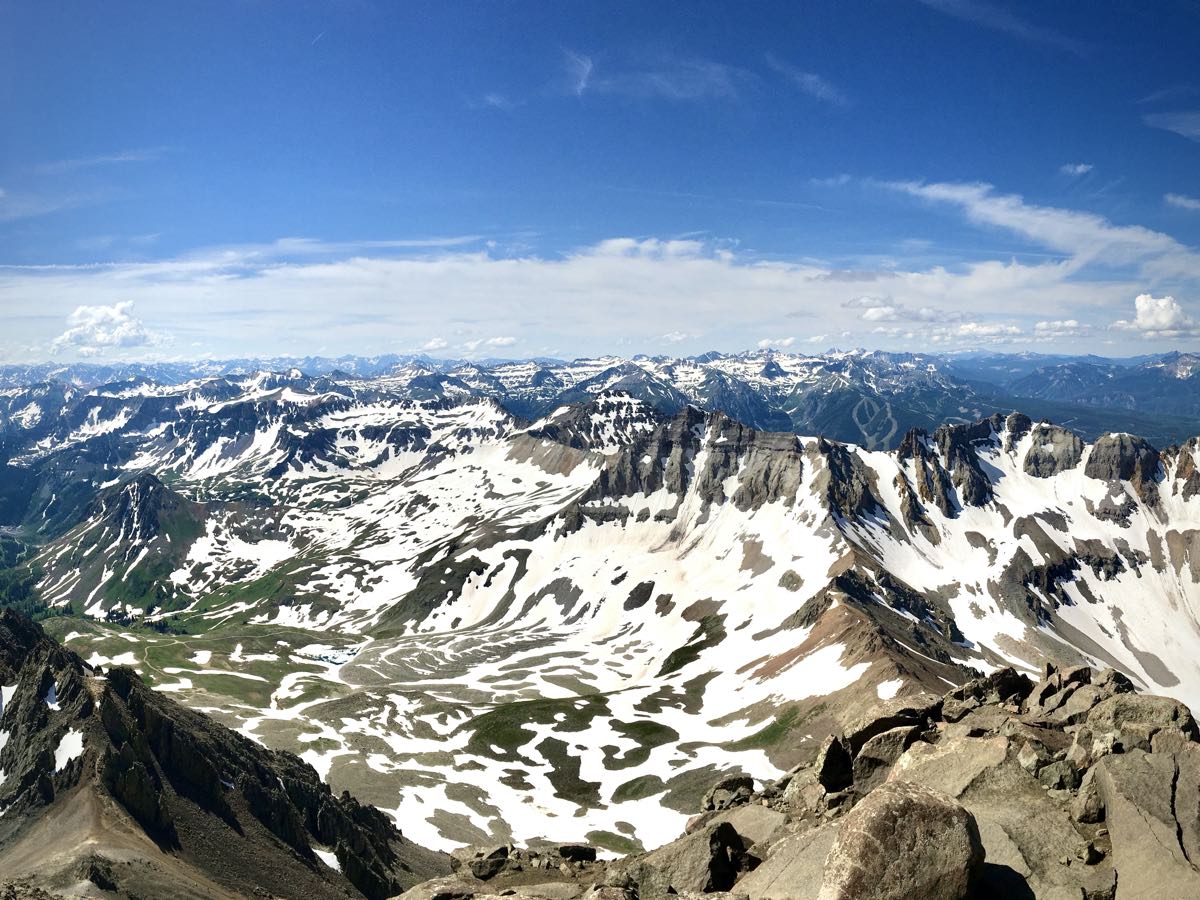[Editor’s Note: This month’s “Community Voices” column is authored by Mikel Haggadone, a runner and PhD candidate in immunology at the University of Michigan Medical School. Learn more about Mikel on his website. In this column each month, we showcase the work of a writer, visual artist, or other creative type from within our global trail running and ultrarunning community. Our goal is to tell stories about our sport and wildlands in creative and innovative ways. Submit your work for consideration!]
Life is wondrously beautiful. It is beautiful in complexity and contradiction: the coexistence of joy and pain, love and indifference, fullness and emptiness. The separation between these states of being is notable in that it tunes the perception of our lived experiences. Emotions are relationally calibrated according to their polar opposites and the infinite expressions that connect them. Intuitively, I think we all, especially as endurance athletes, understand that you cannot only have one side of the coin. Knowing happiness necessarily requires overcoming hardship and discomfort. Why else would we push ourselves to confront our lowest lows in order to achieve what is deeply meaningful? This concept of polarity–the state of having opposite aspects–is fundamental to being human. In truth, molecular polarity is the very reason our DNA is helical in structure. It is, in essence, “written” inside of us. Manifested inside of me, however, is a form that most people could never fully understand.
Six years ago, I began my doctoral work with delusions of grandeur. My next chapter would be marked with scientific achievement, contribution, and recognition; of this I was certain. And it has been an incredibly meaningful period of my life, but not for any of the aforementioned reasons. Instead, this chapter has been about understanding and accepting who I am, warts and all. Because I am imperfect. And you are, too. We are imperfect, not only in emotional expression, but even in our very physiologic design. Humans are incredible organisms, but we are also vessels of evolutionary vestiges, a reminder that the universe is unconcerned with crafting a perfectly engineered species. We are complex beyond comprehension, our perceptions, thoughts, and expressions the product of electrical impulses and neurotransmitters communicated amongst billions of neurons in the brain. It is remarkable if you stop to think about it. So, of course we are imperfect. How could we not be?
If you can’t already tell, I am fascinated by abstraction and the unknown. I love nuance, creativity, and integrative exploration. This gives my life meaning and purpose, and in many ways, it is a gift. It is why I am a scientist. It, too, is why I am an ultrarunner. But there is also a darkness in my relationship with complexity, one that I do not fully understand, yet can feel with intensity and fluctuation. In one breath it manifests as an electrical rush inside of my head, thoughts of grandiosity and elation firing from one node to the next until there is nothing left but a firestorm to leave emptiness in its wake. And this emptiness is a chasm. I feel trapped in a viscous medium, watching the world move in front of me while I am statically confined to hopelessness. You can see it in my eyes, hear it in my voice, and sense it in my spirit. There is nothing left to feel, because I am numb. And yet, paradoxically, depression hurts.
I have spent the better part of four years hiding these emotional oscillations from the world around me. Not because of shame, but for fear of the connotations associated with having bipolar disorder. I am scared by the possibility of rejection. I fear the prospect of being labeled “a manic.” I question whether I will truly ever be seen for who I am. And how could you blame me for this? Our cultural aperture permits the visibility of highly stigmatized representations of my condition–the aggressor, the unhinged artist, the impossible partner. But what about me? What of my tenderness and sensitivity, my passions and capacity to feel? There is greater depth to this discussion, because there is greater depth to me. And it exists in the space between my hypomania and depression, where there is stillness and love. There is love for those who see the very best in me. There is also love for those who don’t. There is peace with what I know to be true and with what I am still questioning. There is joy in happiness and in pain. And there is acceptance of who I am as an imperfect human, revealed in simplicity–the simplicity of movement.
I have spent countless hours attempting to answer the question of why it is that I run long distances. This is a reasonable question to ask. There is so much pain in injury, heartbreak in failure, suffering in self-doubt. And all for what? How can we collectively find so much meaning in something that is, by its very nature, entirely meaningless? I, of course, cannot provide the universal solution to this paradox. It is yours to consider just as much as it is mine. But with each passing day, I have come to know one thing for certain: that, similar to the pills prescribed to help reveal the very best of who I am, this sport brings me closer to love. It is not about philosophy or enlightenment. There is no wisdom unveiled in running that cannot already be obtained from other domains of life. I am not here to test my limits, to redefine what is possible, or to prove anything to anyone. No, this sport is about embracing who I am and who I’ve always been. It is about seeing and feeling without inhibition. Because in a world that perpetually burdens my mind with complexity, the simplicity of running is my center. One foot in front of the other. One breath at a time. Here, disorientation gives way to clarity. I am grounded, still, and yet fully alive.
In this transcendent space between, I see the one essential truth of my existence and yours: that we are enough. We are always enough.
Call for Comments
- Do you also experience something of a “space between,” to use Mikel Haggadone’s phrase? What is there for you?
- Does running sometimes offer mental stillness and calm?
- And does running provide you with energy and momentum at other times?



